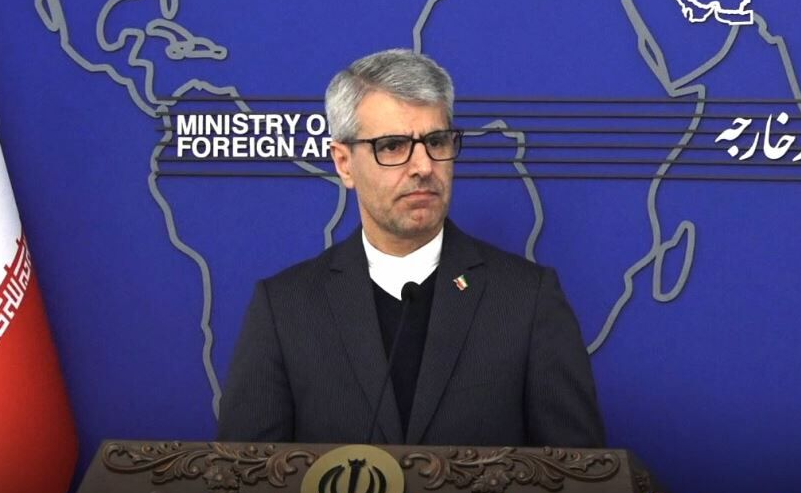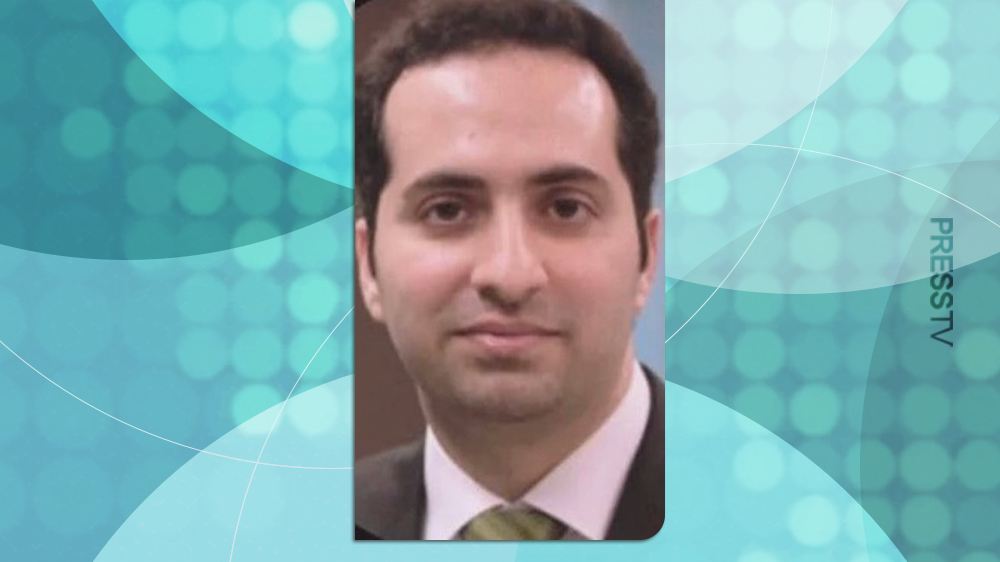France's Macron says Iran nuclear deal must be saved
France insists that the multilateral nuclear deal between Iran and major world powers, which has been severely targeted by the United States, must be saved and Tehran’s continued participation in it ensured.
President Emmanuel Macron made the remarks to reporters in the central Romanian city of Sibiu before a scheduled European Union summit there, AP reported.
The French president lauded the historical 2015 deal as “a good agreement.” noting that “Iran must remain in this agreement and we must do everything we can to ensure that it stays in.”
Macron also urged the signatories to the nuclear deal with Iran, officially known as the Joint Comprehensive Plan of Action (JCPOA), not to “get caught up in any escalation” and to “jointly watch over our collective security.”
Merkel: EU wants to avoid escalation of Iran dispute
Meanwhile, German Chancellor Angela Merkel said on Thursday that the European Union wants to avoid an escalation in the ongoing dispute over Iran's nuclear program, urging Tehran to remain committed to the nuclear deal.
"We do not want an escalation. We want to use further diplomatic means. We know our limits, but the more Europe is united -- and this was the common position here -- the better chances we have to implement chances and solutions through dialogue," she said.
The German chancellor added, “In my view it's also in Iran's interest to continue to honor this agreement.”
US President Donald Trump pulled Washington out of the agreement last year, calling it “the worst deal ever negotiated.” He then reinstated the sanctions that had been lifted under the agreement.
The other signatories to the deal -- the UK, France, Russia, China, and Germany -- however, condemned both decisions and vowed to sustain their participation. London, Paris, and Berlin even announced a financial mechanism in January to circumvent the reintroduced US sanctions.
The Islamic Republic, however, has complained to Europe for its long-delayed introduction of the mechanism as well as its failure to bring it into force.
On Wednesday, Iran’s President Hassan Rouhani announced a decision made by the country’s top security body, the Supreme National Security Council (SNSC), that it was suspending the implementation of part of its commitments under the JCPOA. The decision saw Iran refusing to sell its excess low-enriched uranium and heavy water as it is contractually obliged.
Rouhani said the Islamic Republic would be taking further steps in 60 days if the other signatories failed again to ensure that it still benefited from staying in the nuclear accord despite the US’s withdrawal.
All the parties remaining in the accord have hailed it as a pillar of regional and international peace and security.
Rouhani likewise reminded Europe of Iran’s crucial role in ensuring security in the region, from the Persian Gulf to the Mediterranean and from the Caspian to the Red Sea. Iran, he added, helped stop the spread of terrorism to Europe and contained the influx of refugees into the continent.
The cooperation leading to the security will cease to exist if the situation continues as it is, he warned.
On Thursday, Behrouz Kamalvandi, the spokesman for the Atomic Energy Organization of Iran (AEOI), emphasized that Article 26 of the JCPOA reserves Iran’s right to stop some of its commitments “totally and partially” if the opposite side fails to uphold its end of the bargain.
“Iran has taken the measure in response to America’s withdrawal from the JCPOA and the re-imposition of sanctions,” he said.
Kamalvandi also noted that Iran’s move is well-calculated, adding, “Certainly, our goal is to bring the JCPOA back on track and strengthen it.”
VIDEO | Iran-Syria: For Resistance
Qassam Brigades claims killing 3 Israeli troops in northern Gaza
More alive than ever: Sayyed Hassan Nasrallah's legacy grows stronger in martyrdom
Occupation of Syria’s highest peak Mount Hermon part of ‘Greater Israel’ project
Iran: Syrian people will decide their future without foreign interference
IRGC says Iran’s power exceeds borders, warns enemies to adjust themselves
Dozens detained, several wounded in Israeli raids in West Bank
‘Ethnic cleansing’: Hamas blasts Israeli attacks on Gaza hospital amid intl. silence













 This makes it easy to access the Press TV website
This makes it easy to access the Press TV website